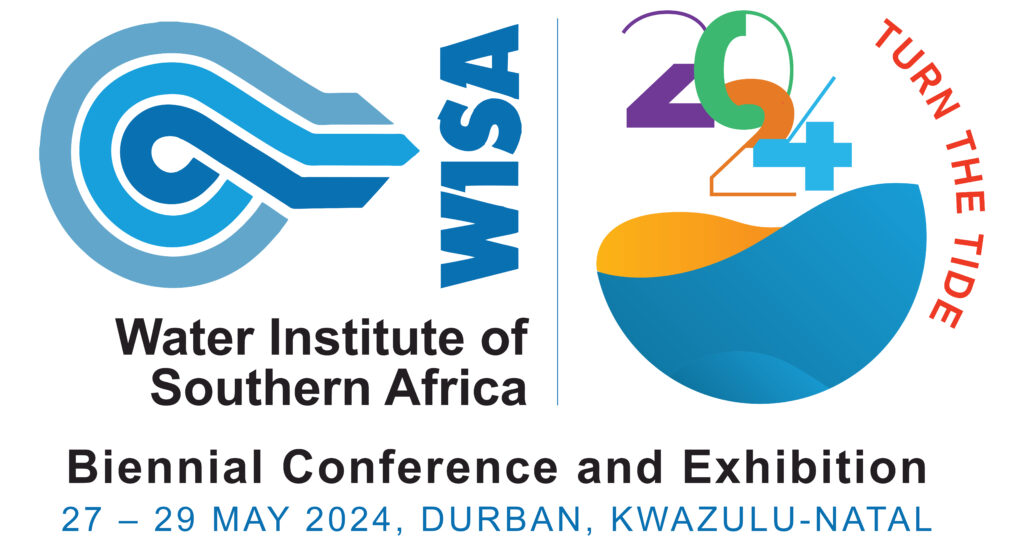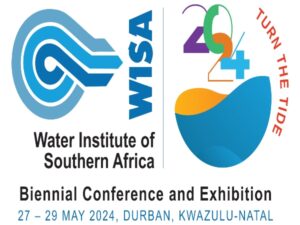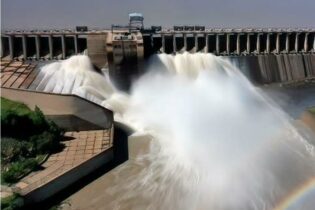Water and climate change are inextricably linked. Extreme weather events are making water more scarce, more unpredictable and more polluted – threatening sustainable development, biodiversity, and people’s access to water and sanitation. Africa is identified by the UN as most vulnerable region in the world to climate change due to lack of resources by the poor to recover from changing climate effects. The 2022 Kwa-Zulu Natal floods linked to climate change, wreaked havoc in communities by claiming over 400 lives and leaving 40 000 people homeless. The province experienced disruption of water and electricity services for several days. Water pollution from damaged sewage treatment infrastructure led to the closure of most Durban beaches due to E. Coli levels exceeding water quality standards. The raised water tables and ground saturation resulted in soil erosion, landslides and silt accumulation in river systems. Extreme weather events, calls for development of governance structures, transparency and engagement from water users, industry and local/provincial government to ensure water security for safe, adequate and acceptable water for the future.
Water and climate resilience; and environmental action fast tracked serve as drivers for investment opportunities mainly from joint initiatives from industry, financial institutions and global organizations. For example, the UN Environment Programme Africa supports countries to put in place implementation strategies for their climate action commitments, and the Continental Africa Water Investment Programme commits to narrow the water investment gap by 2030.Industry-academic partnerships are required for R&D initiatives and innovation (SDG 9 Industry- Innovation and Infrastructure) in water/food security and climate resilience for example bioengineering and ocean energy, Ecological infrastructure and ecosystem-based adaptation such as urban greening, restoration of wetlands and upstream forest ecosystems to support rural and coastal communities is identified by Intergovernmental Panel on Climate Change (IPCC) as a risk mitigation measure in extreme weather patterns.








